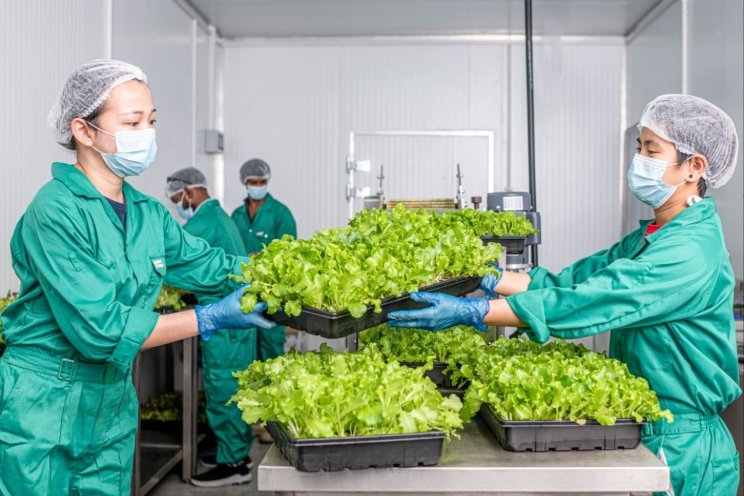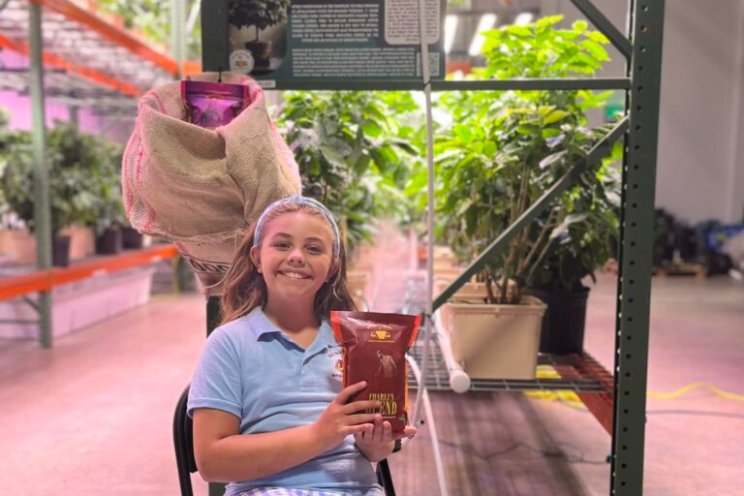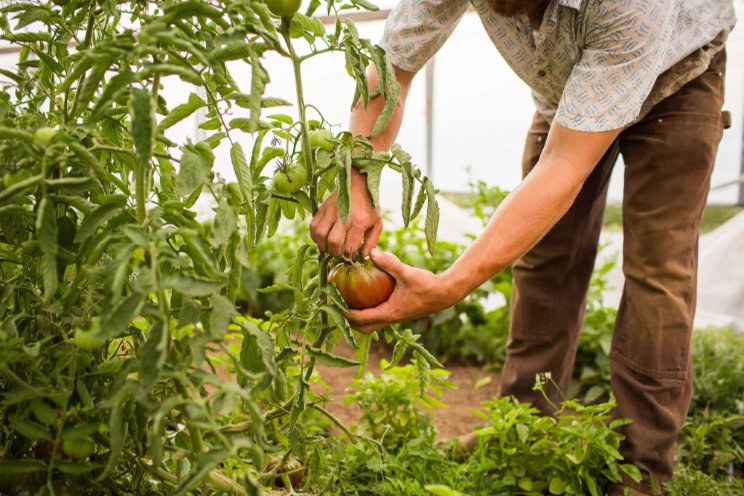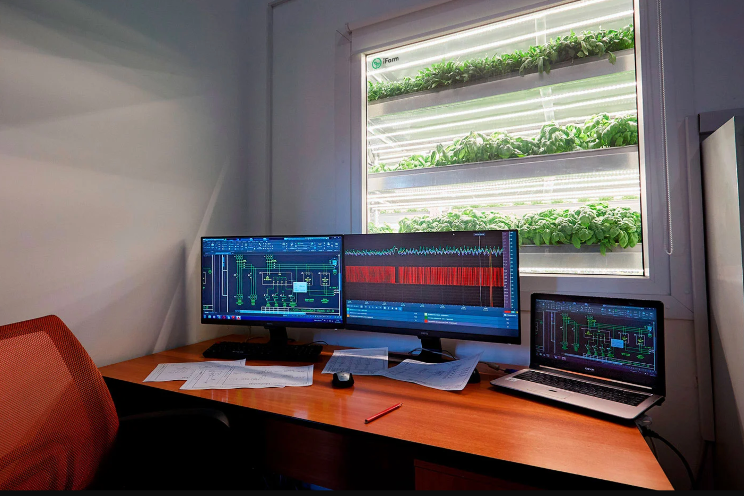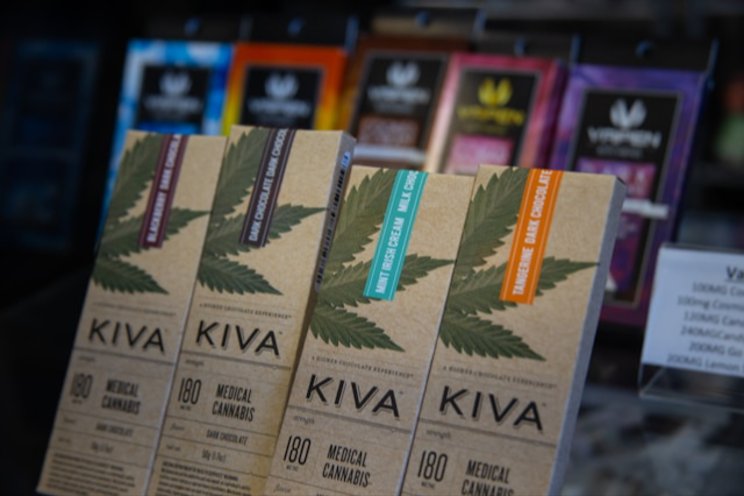Major field grower's first investment in the CEA industry
Added on 10 November 2021

Editor's note: The following information is derived from an interview Agritecture conducted with Joe McGuire, CEO of Pure Green Farms. This post is part of a series of urban agriculture-related interviews conducted by Agritecture's Director of Business Development, Jeffrey Landau, on his travels to farms around the United States. Follow Jeffrey's adventure here.
But this time, it was North America's largest grower and processor of leafy greens, Taylor Farms, writing the check, which made the investment in Pure Green Farms, a hydroponic lettuce grower in South Bend, Indiana, stand out even more. This expansion into greenhouse-grown produce complements Taylor Farms' existing 100,000+ acre crop fields and 16 salad-producing facilities across North America, alongside signaling optimistic growth of the CEA industry.
As a result of this exciting news, Agritecture interviewed Joe McGuire, CEO of Pure Green Farms, to learn more about what this investment means for the company and the industry as a whole.
Pure Green Farms
McGuire shares that Pure Green Farms is "a new startup company that started producing in March 2021." Located on a site that can potentially expand up to 300 acres, the team uses an automated NFT system to grow "different varieties of fresh lettuces, salad mix, and herbs primarily for retail, but also for food service" in a high-tech climate-controlled facility.
As agricultural sustainability includes several components, McGuire mentions his definition of the term and communicates how Pure Green Farms works to achieve it. To him, sustainable farming is about "doing it more sustainably than the legacy supply chains that are out there. And so, we use less water and less overall energy. It's the whole idea of being able to grow lettuce closer to the population center, and maintain quality safety. And ultimately, have a smaller footprint on the environment."*
The team, vendor relations, and startup challenges
Numerous challenges come along with setting up your urban farming business. McGuire sheds light on the challenges that he faced setting up Pure Green Farms in Indiana.
The main challenge is "getting used to growing in this greenhouse in this geography. It takes a full cycle of the seasons to really see how a greenhouse adjusts to the changes. Those are just the typical startup challenges, putting new equipment in place, and getting it to run smoothly as quickly as possible." Understanding how your system and crops perform in a specific geography takes time and energy. To ensure crop quality, having a talented grower, and consistently tracking all aspects of the evolving operation are crucial.
Additionally, having good vendor relations is essential for your business. McGuire shares that the Pure Green Farms team works "very closely with all of our vendor partners. We really try to get to know them well and understand where they're investing their money. We work very closely with a lot of the new technology that's out there. We've made an investment with an AI camera system that's in our greenhouse, and we're getting benefits from such projects that are more future-oriented. We've also got collaboration with Purdue and the local government here to even do things more economically efficient."
Click here to read more on Agritecture.
Photo created by jcomp - www.freepik.com
Source: Agritecture
More news

